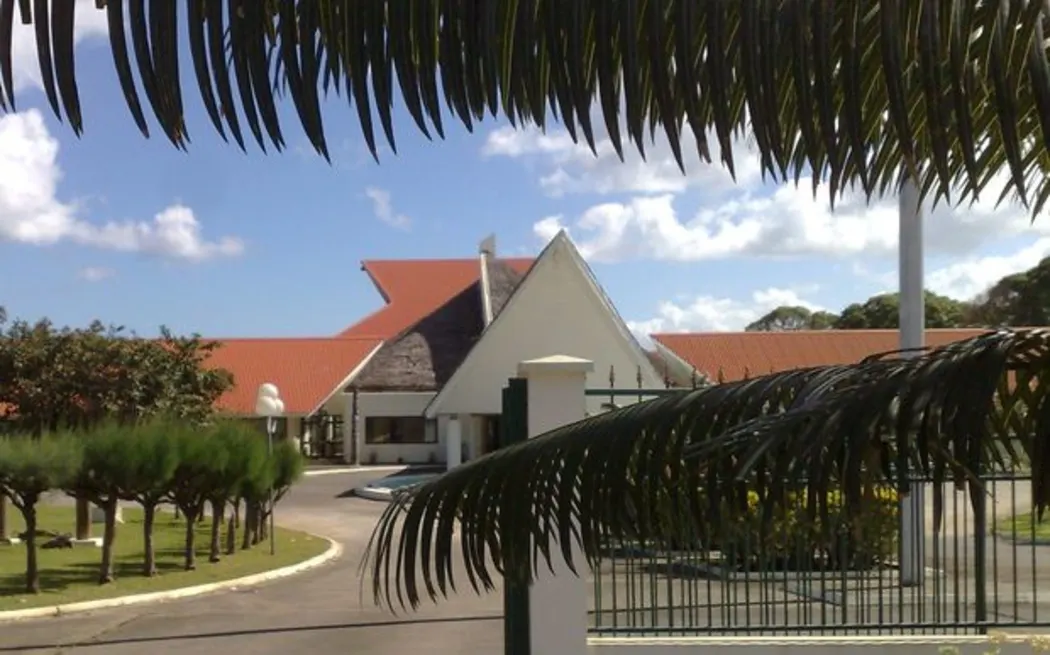Two days prior to the Referendum Polling Day, the Vanuatu Court will convene to hear the applications from both Silas Hakwa, the legal representative for the Applicants of the Constitutional Case 24/143 and the respondent, represented by the Office of the Attorney General.
This follows Chief Justice Vincent Lunabek’s ruling Monday affirming that the ‘No’ group have a case.
Hakwa noted that this case is unprecedented, adding that he believed the complaints he presented were genuine.
He also mentioned that it was the first time for the parliament to pass Bills that restricts the rights of a citizen.
Hakwa argued that the Parliament has violated the fundamental rights and freedoms of individuals guaranteed by Vanuatu’s Constitution. He pointed specifically to Article 5(1) of the Constitution and other articles such as 4, 6, 17, 53, and 54.
He said the enactment of the Constitutional (Eighth) (Amendment) Act No. 21 of 2024 and the Political Parties Registration Act No. 15 of 2023 undermines these rights.
Regarding the proposed amendment of Article 17A, Hakwa stressed that it is the people who elect candidates, not political parties. As for proposed Article 17B, he emphasised that all applicants in the case are indigenous citizens over 25 years old, entitled under Article 17 of the Constitution to seek election as Members of Parliament, representing voters who exercise their rights to choose them.
He stressed that these “fundamental rights and freedoms are given by God” and it is the duty of the President, Parliament, and Members of Parliament to protect them.
Thus, the proposed amendments would breach the rights of the applicants.
Hakwa argued that the applicants, being over 25 years old, can contest elections at any time, and these amendments seek to restrict citizens’ rights.
He asserted that such amendments have no place in democratic Vanuatu.
Referring to Article 1 and Article 4 of the Constitution, which establish Vanuatu as a sovereign and democratic state where national sovereignty belongs to the people, Hakwa highlighted the importance of elected representatives in exercising the people’s executive power.
He questioned how citizens could hold the Prime Minister accountable if these amendments were enacted. He further argued that none of the political parties represented in Parliament have robust constitutions or rules to operate under the proposed new laws.
CJ Lunabek informed both counsels, the Attorney General, Kiel Loughman, and Hakwa representing the ‘No’ Group, that he would request them to refile if he was not satisfied with their submissions.














